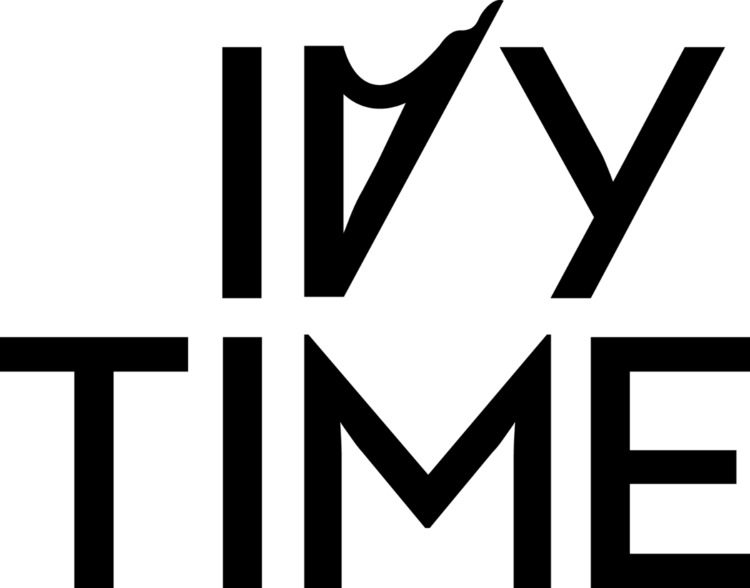The study of horology (the art and science of measuring time) is highly complex, but it doesn't have to be. Over the past week I have received lots of feedback asking for a post on watch lexicon as well as a visual diagram detailing the parts of a watch. With that being said, I hope this post serves as a baseline for all those interested in watches. Keep sending in suggestions, I truly appreciate the feedback.
Watch Lexicon
Movement- The mechanism powering the watch, also known as "calibre."
Quartz Movement- A type of watch movement that is powered by a battery. Typically, this kind of movement is the cheapest and most common movement found in watches.
Manual Movement- A type of movement that needs to be wound in order to function. Sometimes this movement is also referred to as a "hand-wound movement." These types of watches need to be wound every 24-48 hours.
Automatic Movement- A type of movement that is "self-winding." The mechanism of the watch is powered through the movement of your wrist.
Power Reserve- The amount of time a particular watch mechanism can store before it needs to be wound again.
Example- A watch with 48 hour Power Reserve would need to be wound every two days.
Chronograph- A specific type of watch that is used as a stopwatch combined with a display watch.
Dial- The display of the watch otherwise known as the "face."
Subdial- A secondary dial set on the face of a watch. Usually seen on chronographs.
Date Window- The date display on the dial of the watch.
Crystal- "Crystal" can refer to a number of materials used to protect the dial such as sapphire.
Bezel- Protective covering for the watch that holds the crystal in place. Bezels differ based on the type of watch.
Case- The outer shell of the watch that houses the watch's bezel, movement, and back.
Pusher- Button on the case of the watch that controls the chronograph function.
Lugs- A case attachment that connects the strap or bracelet to the case of the watch.
Crown- Connects the internal mechanism of the watch to the case. Generally used for setting time, date, and other functions.
Watch Diagram

